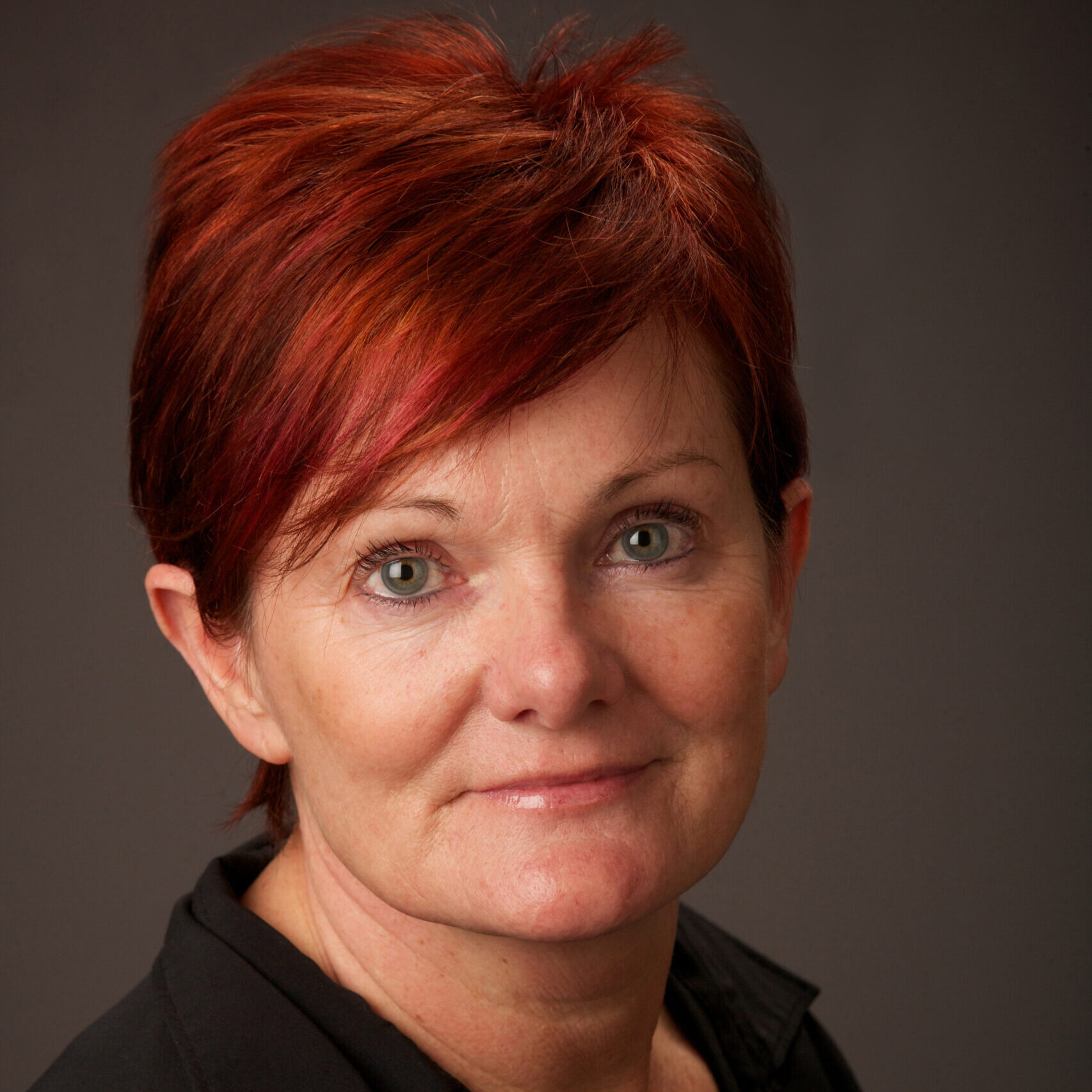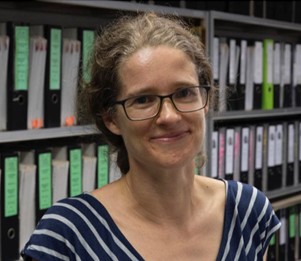Date: Thursday, May 22, 2025
Time: 11am-12pm ET
Solutions: Early Clinical, Late Clinical, Regulatory
Services: Simcyp™ PBPK Modeling Services
Products: Simcyp™
Summary
Model-informed drug development (MIDD) is increasingly adopted to support global health equity by providing guidance on the safe use of medications in lactating women and their nursing infants. In this webinar, we will explore how MIDD enhances clinical lactation studies to support more informed decision-making regarding the safety of administering medication to lactating mothers.
Plasmodium vivax malaria remains a global health issue, with 6.9 million cases in 2022.1 Primaquine is a drug used to prevent relapse and treat P. vivax malaria (radical cure). Until November 2024, when the last WHO guidelines for malaria were published, its use was restricted for lactating women if their children were < 6 months, fearing infant harm from exposure via breast milk. A major change was implemented in the last guideline, adjusting the restriction age to < 1 month. This was supported by a clinical lactation study, which was conducted to measure primaquine concentration in breastmilk and in nursing infants > 1 month old. Results showed that primaquine concentrations in infant plasma were extremely low, with no measurable effects on infants.3
Register now

SVP, Client & Regulatory Strategy, Certara
Karen is Senior Vice-President, Client & Regulatory Strategy at Certara UK Limited’s Simcyp Division. Prior to this, she was the Head of PBPK Consultancy Services at Simcyp where she led a team of scientists engaged in Consultancy projects relating to the application of physiologically based pharmacokinetic (PBPK) modelling in drug development. Her work has focused on the use of PBPK models for assessment of drug-drug interactions and dosing of special populations and she is the author/co-author of more than 100 peer reviewed articles in these areas.

Mahidol Oxford Tropical Medicine Research Unit, Faculty of Tropical Medicine, Mahidol University, Bangkok, Thailand
Centre for Tropical Medicine and Global Health, Nuffield Department of Medicine, Oxford University, Oxford, UK
Professor Joel Tarning leads a large and diverse team of 30 people studying clinical pharmacology at the Mahidol Oxford Tropical Medicine Research Unit (MORU) in Thailand. The main scientific directions within the department are pharmacometric data analysis, bioanalytical method development, drug quantification of clinical study samples, omics-based research, falsified/substandard medicine, and basic pharmacology. He is a Professor of Clinical Pharmacology at the University of Oxford, UK and a visiting Professor at the Faculty of Tropical Medicine, Mahidol University, Thailand. Professor Tarning has published >250 peer-reviewed articles resulting in >18,000 citations. His main research is focused on dose-optimisation of drugs used to treat neglected tropical diseases in under-served populations at risk of treatment failure and resistance development, such as children and pregnant women. His work on antimalarial drugs has already had a global impact.

Mahidol Oxford Tropical Medicine Research Unit, Faculty of Tropical Medicine, Mahidol University, Bangkok, Thailand
Centre for Tropical Medicine and Global Health, Nuffield Department of Medicine, Oxford University, Oxford, UK
Mary Ellen (Mellie) Gilder is an American Family Physician and Breastfeeding and Lactation Medicine specialist who has worked as a clinical researcher for MORU at SMRU since 2011. She is currently enrolled in a DPhil at the University of Oxford studying the treatment of Plasmodium vivax malaria in pregnant and lactating women. Her work on the lactation pharmacokinetics of primaquine contributed to changes in the World Health Organization’s guidelines for the treatment of malaria. Mellie completed her MSc in Public Health through the London School of Hygiene & Tropical Medicine on the dynamics of breastfeeding among local healthcare workers. Mellie is involved in training and support for SMRU’s midwives and other medical staff, and has conducted studies with the maternal and child health team assessing the impact of malaria, gestational diabetes, low literacy, and anaemia on the pregnant population at SMRU clinics. In 2023 she received the Albany Medical College Alumni Association Humanitarian award.

Director, Drug Disposition & PBPK Modeling, Medicines for Malaria Venture
Nada Abla Geiser, PharmD, PhD is Director, Drug disposition & PBPK Modelling, in the R&D team at Medicines for Malaria Venture (MMV) in Geneva (Switzerland). She has worked for 15 years in R&D for neglected and tropical diseases, more particularly malaria and schistosomiasis. A pharmacist by training, she obtained her PhD in pharmaceutical sciences from the University of Geneva in 2005, before completing a postdoctoral training on the pharmacogenetics of drug transporters at the University of California, San Francisco. Before joining MMV in 2014, she worked for Merck Serono Geneva as laboratory head in DMPK. Her current role at MMV is to lead the PBPK strategy to support antimalarial drug development, in particular for predicting drug-drug interactions and PK in special populations.
Register now





